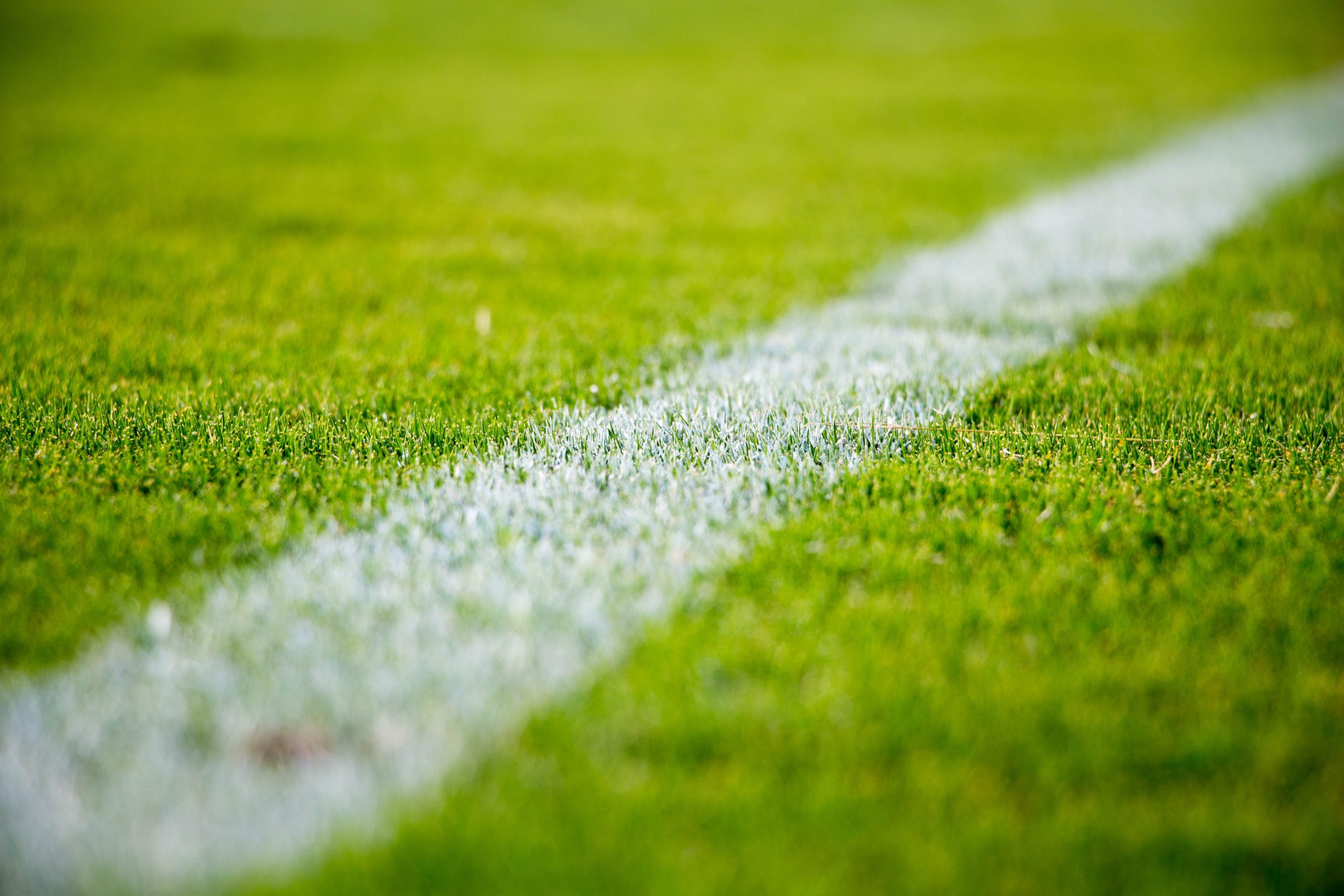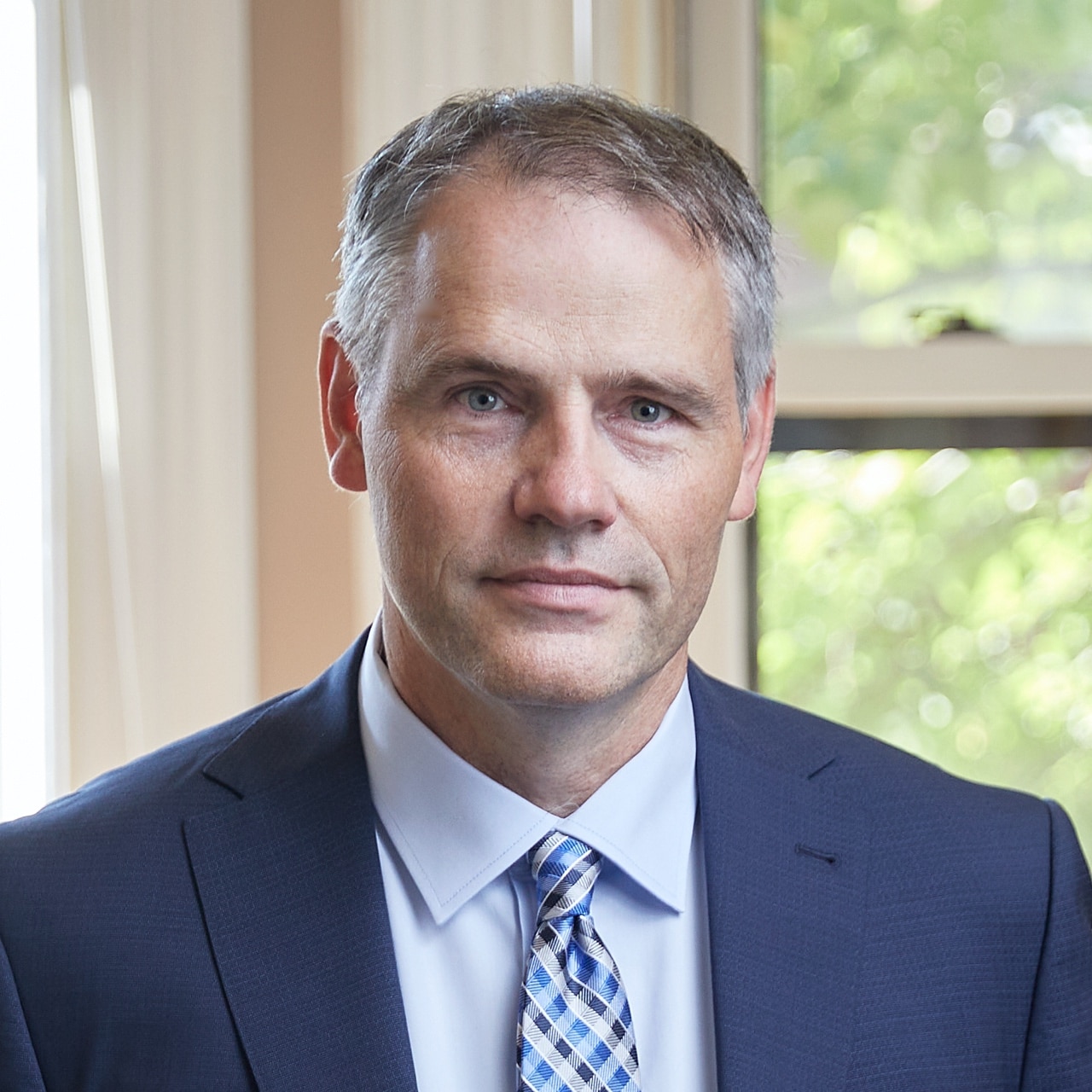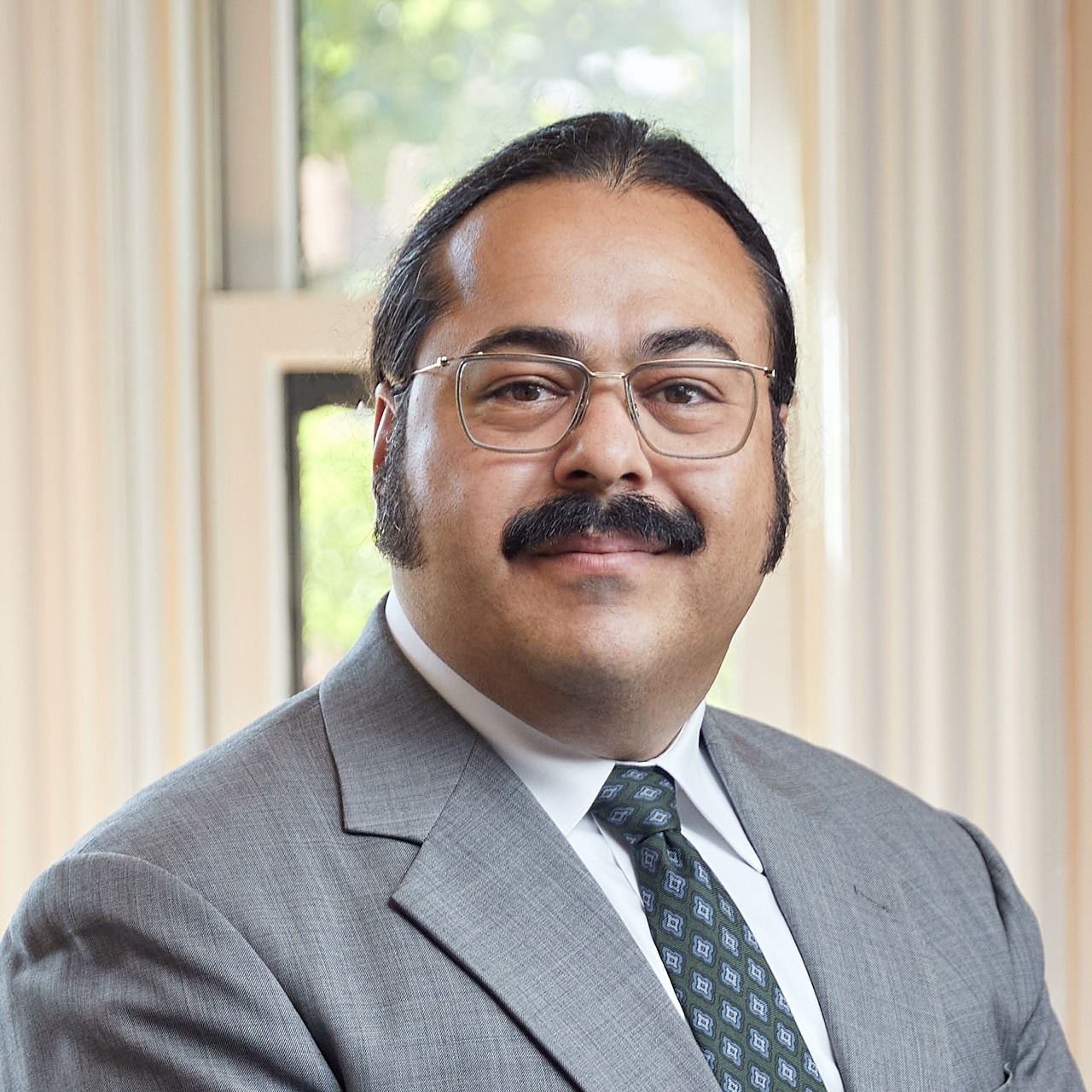Ottawa Sports & Employment Lawyers for High-Performance Athletes
Athletes, whether amateur athletes competing at an elite level or professionals who earn their living from their considerable talents face a number of challenges unique to the sports world. Athletic careers, by their nature, are exceptional and often limited, due to the physical demands placed on the body when competing at a high level. A small interruption to a person’s career can have a devastating effect on their future income-earning ability and their professional reputation. Whether dealing with a contract dispute, a drug accusation or the working conditions relating to a specific sport or team, it is essential to resolve these matters quickly and effectively.
At Champ & Associates, we frequently represent the rights of athletes to preserve their health and safety and protect their jobs and reputations. The firm’s founder, Paul Champ, is the general counsel for the Professional Footballers Association Canada, an organization dedicated to protecting the rights of professional soccer players with a connection to Canada, including the Canadian Premier League. In addition to sports unions, Paul also works on the employment side of professional sports, protecting the rights of professional players. He has dedicated his career to social justice and employment issues always focused on protecting the underrepresented ‘Davids’ against various institutional ‘Goliaths’.
Whether representing a major league player or an elite college athlete with potential scholarships or a professional draft on the line, the lawyers at Champ & Associates diligently fight for each client’s rights.
Professional Athletes & Unions
Most athletes who compete professionally will do so as members of a union. This is the case for the NHL, the NBA, the CFL, the MLB and generally any high-level sports organization. Without union representation, the players would be at the mercy of team management, which is often focused on increasing revenue above all else. Collective bargaining provides players with the benefit of strength in numbers, empowering them to speak with a unified voice to take collective action to protect their rights when necessary. Once a union has been voted upon by its members and accepted, it becomes the legal representative of all members and has a duty to bargain for their rights in negotiations with the members’ respective employer.
Sports Union Advocacy
In the event of a dispute between a player and management, the union will act as the player’s legal representative and initiate legal action on the player’s behalf. Generally, all disputes are governed by the process of binding arbitration, which has the benefit of being a private dispute resolution process, as opposed to litigation which is public. This can be particularly helpful to resolving a matter quietly in cases involving public figures, such as known athletes. The specifics relating to the dispute resolution process will typically be set out in detail in the union’s collective bargaining agreement.
Athletes & Collective Bargaining Agreements
Athletes are unique in the world of collective bargaining, as the pay rate for each player is individually negotiated between the team and the player, as opposed to the usual method of determining the rate of pay by tying it to a specific position and level of seniority.
In the case of professional athletes, the collective bargaining agreement (CBA) will set a minimum rate of pay for each member, including costs for travel expenses, and an untold number of other clauses relating to the terms of employment, including:
- The right of a club to trade a player and any associated limitations;
- The right of a club to demote a player;
- Image rights; and
- The ability of a player to become a free agent.
Unlike professional athletes, elite competitors such as Olympians generally do not enjoy the same rights to collective bargaining. In 2020, a study conducted in part by Ryerson University found that while professional leagues spend approximately 40-60% of their revenue on the players themselves, the International Olympic Committee only spends 4.1% on athletes, with the bulk of the remainder going to various Olympic committees. Sports Canada does provide funding and support to athletes through national sport organizations (NSOs), but to date, athletes have often found their bargaining power in such funding contracts to be very limited. Soon, perhaps social justice will arrive for elite Olympic athletes.
Drug Issues in Elite and Professional Sports
Performance Enhancing & Recreational Drugs
The use of performance-enhancing drugs (PED) in professional and amateur elite sports has received much attention in recent years. All professional sports leagues now have policies banning the use of PED, but the approach taken to testing and enforcement varies from league to league. This can confuse matters for athletes unsure of the rules. An accusation of PED use for an athlete often results in a flurry of media attention and lasting damage to the individual’s reputation, no matter the ultimate outcome.
Cannabis presents different issues. The drug is now legal in Canada and in some American states for recreational use. As a result, several major league sports are easing restrictions relating to the drug. In 2020, the NBA announced it would no longer test players for any recreational drugs and the MLB has removed cannabis from its list of banned substances. However, the NHL and the NFL plan to continue testing for the drug. The NHL has stated however that cannabis is not considered to be a PED, and so a positive test result would not automatically result in suspension. The CFL has not tested for cannabis in years.
For other athletes, cannabis remains on the World Anti-Doping Agency’s Prohibited List. So Olympic athletes need to understand the rules to ensure their Olympic dreams are not snuffed out by a positive test.
Defending Against a Drug Use Claim
Apart from any addiction defence, likely seen as one of the last and final resorts, a player does have defences to the allegation of use of PED. An accusation often begins with a positive drug test result. Generally speaking, it is not a defence to simply deny culpability by claiming a lack of knowledge. This being said, there can be an argument that the penalty should be reduced if the athlete can show the substance was accidentally consumed or that they did not intend to take the drug to improve performance.
It should be noted that many nutritional supplements are not labelled properly and may contain prohibited substances that may not be known to the user. This again will not often be a complete defence but will often play a role in deciding any disciplinary measures.
There are also a number of procedural rules in place, which change depending on the institution. Whether dealing with a professional league, an academic institution or the IOC, there will be requirements to demonstrate the accuracy of the test results, and the provenance of the test itself.
Contact Champ & Associates for Skilled Representation in Labour & Employment Matters Relating to Professional & Elite Sports
Professional and elite athletes face a number of unique employment challenges that can have the effect of derailing a career, with limited options to correct the situation before it is too late. It is imperative to have a lawyer that understands the urgency and seriousness with which these matters must be dealt.
The employment lawyers at Champ & Associates have a unique understanding of the employment challenges faced by elite athletes and will put their experience to work advocating for their clients’ rights. They always strive to find the best path forward with an eye to protecting the reputation of their clients in all cases. Where consensual resolution to a dispute is not possible, Champ & Associates are known as fierce litigators in securing justice for their clients. To discuss your matter in confidence, please contact the firm by telephone at 613-237-4740 or reach out online.







